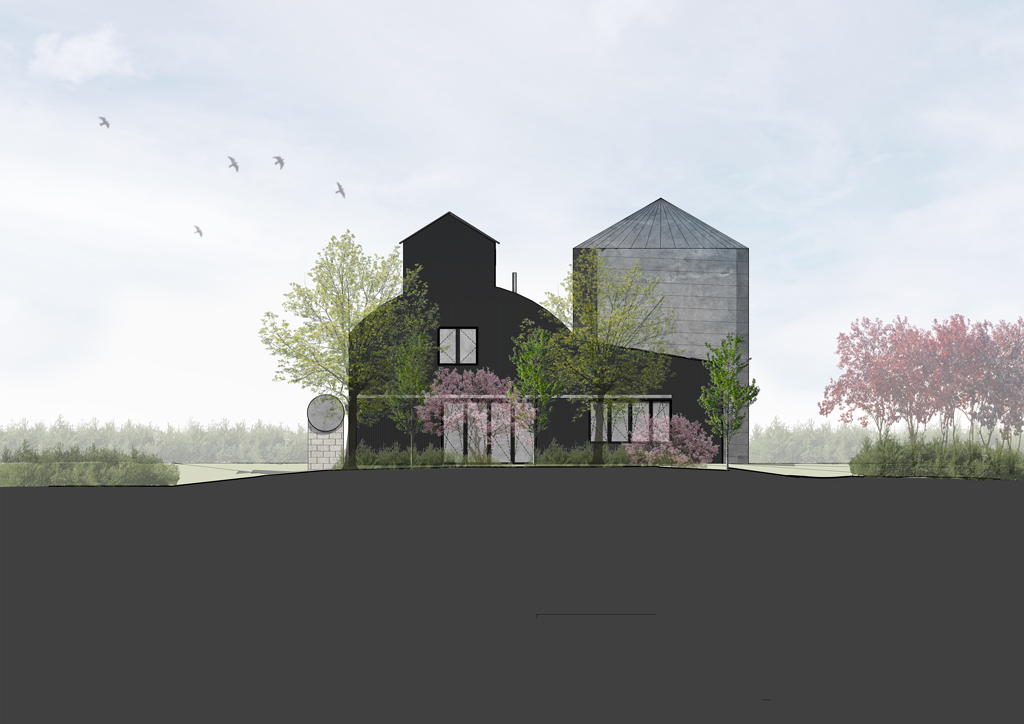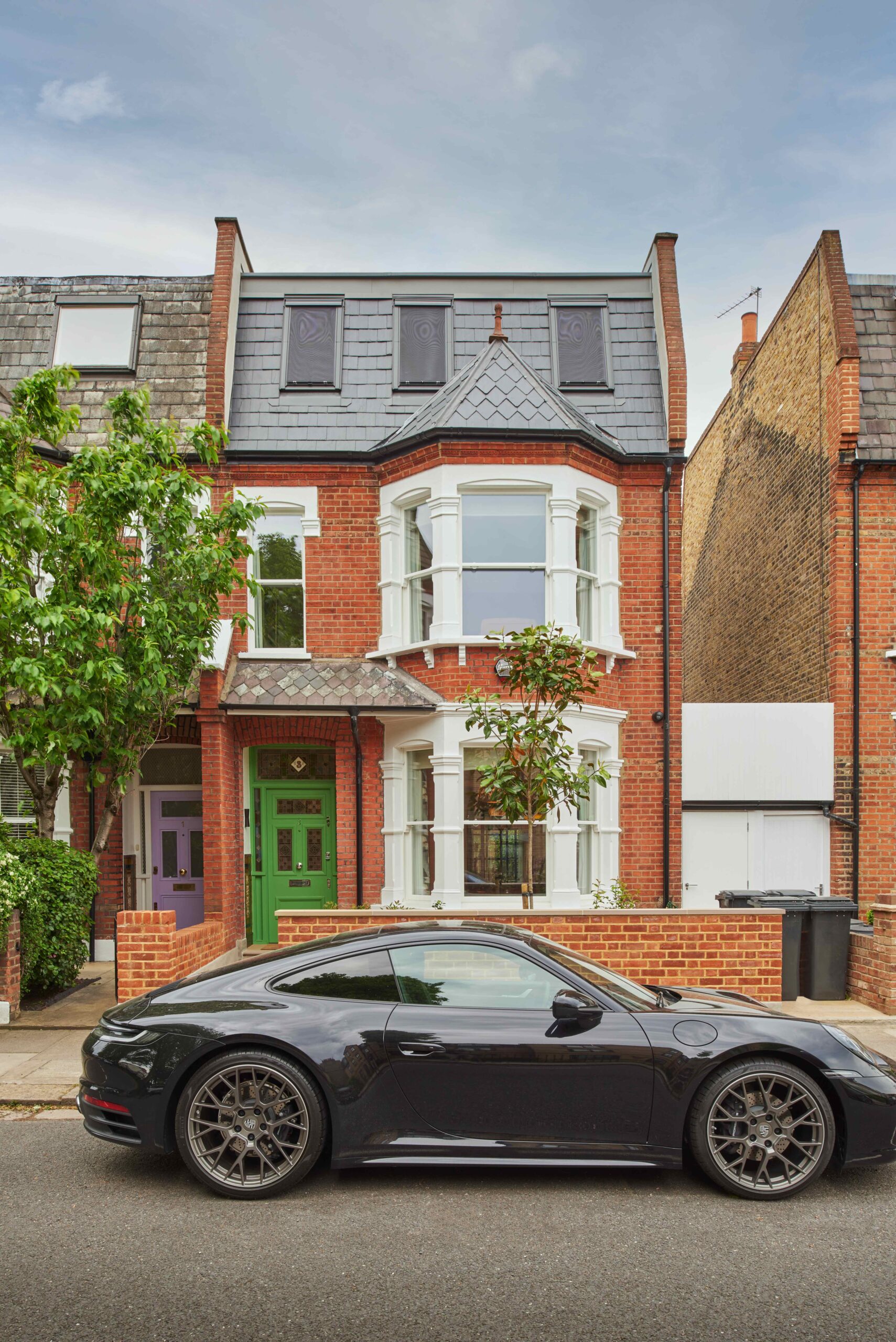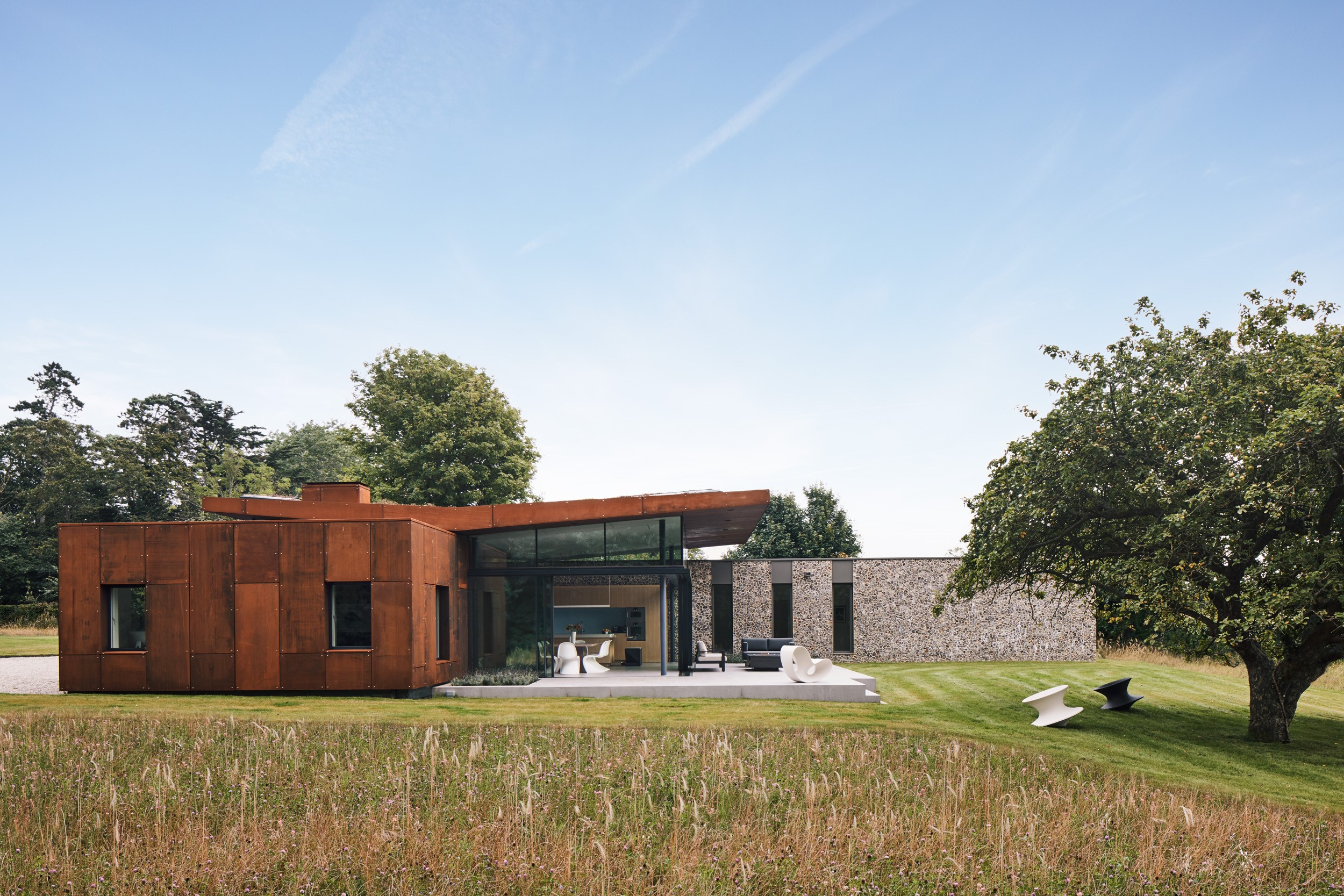The green light has just been given by the government allowing commercial and retail buildings to be converted into homes without planning permission. It is a draconian decision which, despite being opposed by half England’s local authorities, highlights a much bigger problem: the inability a planning system to meet changing needs. This particular initiative was driven by not only too few homes but also too many vacant offices and shops – casualties of the economic downturn that planning departments have no imaginative answer for. The use of a building, whether for housing, offices, shops or nightclubs, is prescribed by the planning system. It creates a crude and inflexible mechanism artificially creating problems with supply and demand of particular uses. Taken in tandem with zoning, planners use these powers to control the way we use our cities, towns and villages whilst purporting to create conditions for growth. But the formula they have concocted has failed miserably: it is unable to adapt to current needs as well as preventing diversity, vitality and growth – the very things they should be encouraging. Currently we have a dearth of houses in London, the southeast as well as our corner of the world. According to the GNDP’s Joint Core Strategy (JCS) we need 30,000 new homes in the Norwich area – yet we have an over supply of offices. Why not convert these offices to homes? There will be instances where some buildings because of their specific nature are not appropriate but many are. Sovereign House on Anglia Square is a prime candidate that could follow the example of Westlegate Tower. If office space is lost, so be it. When demand comes back there will be other possibilities. Moreover increasing the range of uses has huge benefits in contrast to the unattractive legacy of zoning uses. The latter has resulted in ‘single use’ ghettos, whether it is industrial parks at Rackheath, office parks such as Thorpe Business Park, housing estates that are too numerous to mention, shopping in Norwich’s malls or nightlife on Riverside. Visit any one of these out-of-hours and they are the most depressing places you can imagine. Even in-hours there is nothing to do but what has been prescribed – shopping, working or getting drunk. This is not a healthy state of affairs: having a mixture of uses counterbalance the excesses of one or other particular obsession and allows for the possibility of people behaving in more civilised ways. What about getting some new life into business parks or industrial estates with houses? These places need civilising! Planning in all these circumstances has failed and we need a more responsive way of dealing with day-to-day changes and growth. This vision and leadership should come from democratically elected local authorities responding to local needs, yet once again it is a government dictate that ‘rules the roost’. It is a blunt one but radical in that it has begun to challenge a fundamental weapon in the planner’s armoury, that of controlling how we use our buildings. Anthony Hudson
DESIGN MATTERS: The Use of Our Buildings
Author / Hudson Architects
Similar Journals

Planning approval for Dutch Barn conversion
July 30, 2023We are thrilled to announce we have been granted planning permission for the conversion of redundant Dutch barn and silo in Essex. The vision for the project is to transform the existing structure into a beautiful home, while carefully preserving its agricultural character and distinctive silhouett
Continue reading
Retrofit Series: Never Let a Good Crisis Go to Waste
November 1, 2022As the hottest summer on record fades away and the cold months draw nearer, it’s the thought on everyone’s minds: how to cope with their energy bills. Liz Truss’ plan to freeze bills for two years will have been welcomed by many around the country but average bills will still be around double
Continue reading
Free energy: Optimising orientation and glazing for solar gains
July 1, 2024One of the cornerstones of sustainable architecture is the strategic use of window and door openings around the building to harness solar gains, limit heat loss and prevent overheating. But what exactly are solar gains and how can a building be designed to reap the benefits? Jack Spencer Ashworth ex
Continue reading